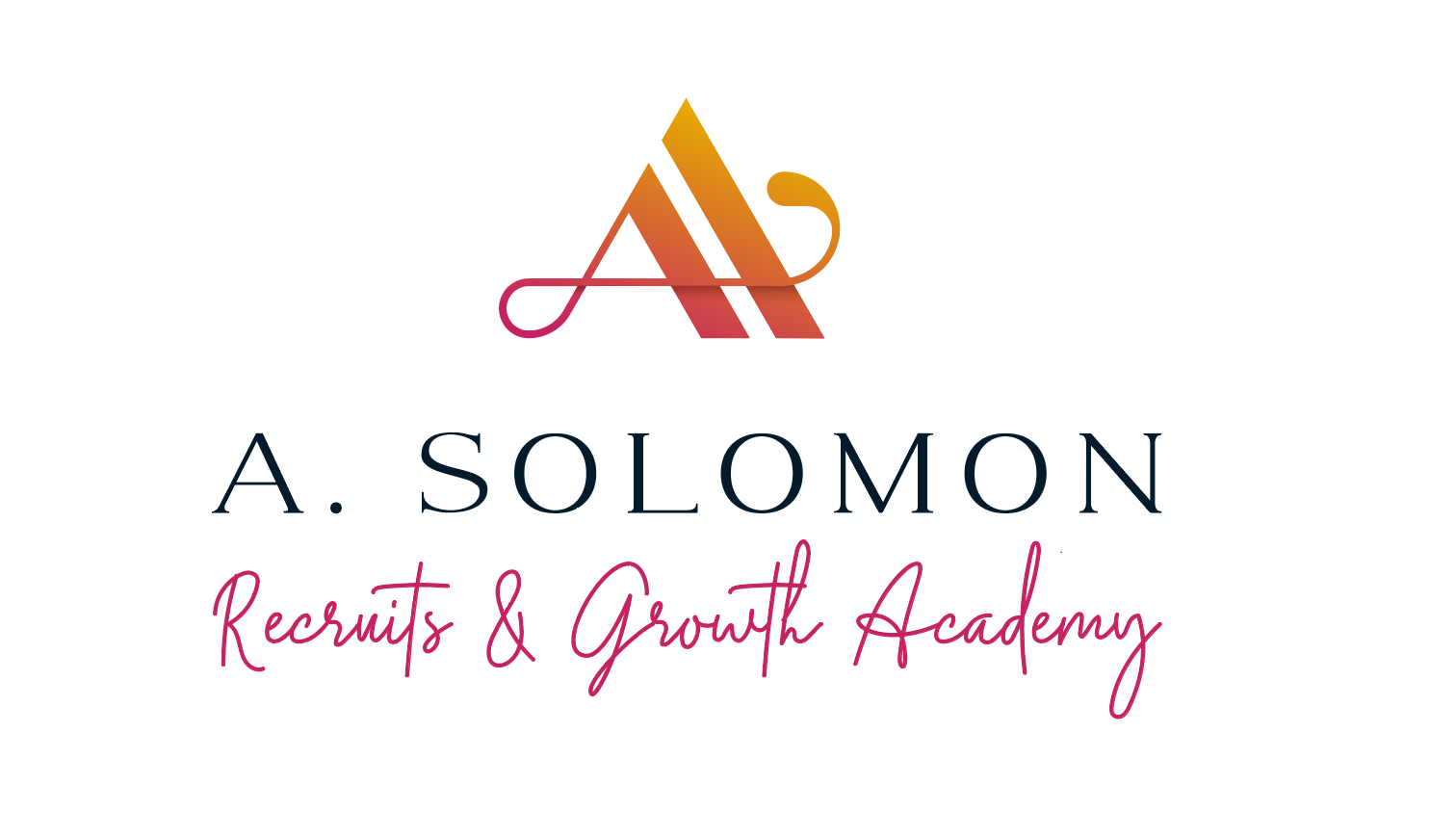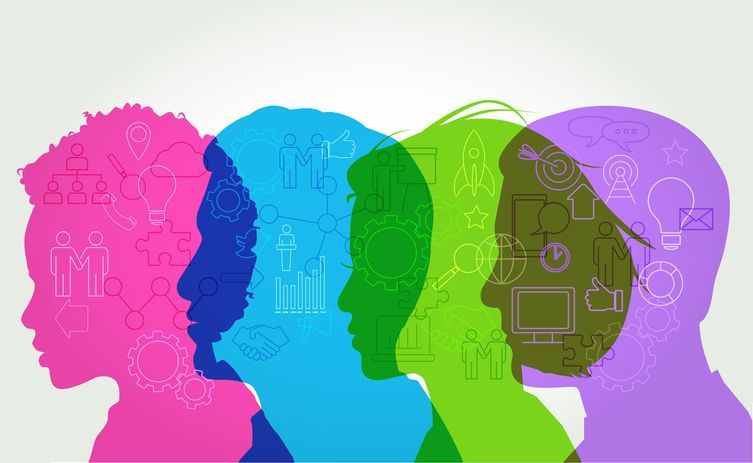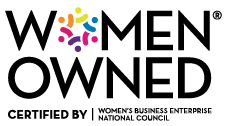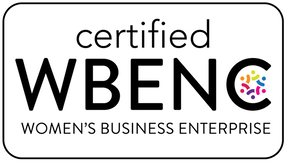Traits of a Truly Inclusive Leader
“Diversity is the mix, inclusion is making the mix work.”-(Andrés Tapia)
Today is President’s Day and what a great way to honor and celebrate Washington and Lincoln’s legacies, than by discussing the qualities needed to be a true inclusive leader. An inclusive leader is someone highly committed to diversity and inclusion initiatives, as they align themselves with both their personal beliefs and business objectives. It is a commitment to challenge, because as we all know the vision and actual implementation surrounding D&I is not for the faint hearted. It takes time, dedication and perseverance. It is a form of activism that a true leader must be a champion of change in order to carry it out and check their own prejudices when need be. “Good business leaders create a vision, articulate the vision, passionately own the vision, and relentlessly drive it to completion.” -(Jack Welch)
There are so many, but here are my top 5 qualities I believe make for an unstoppable inclusive leader:
1) Inclusive Leaders Practice What They Preach: This is one of the most important attributes of a truly inclusive leader. Being a constant state of understanding of your teams differences and how those behaviors may show up at work each and every day is very important. Respecting the multiplicity of your staffs personalities when it comes to ideas generation and innovation can prove rather successful in the end. It’s a matter of tapping into their individuality, nurturing their talent. “Don’t tolerate me as different. Accept me as part of the spectrum of normalcy.” -Ann Northrop
2) Inclusive Leaders Don’t Tolerate Racism, Sexism, and/or Xenophobia: While being a pillar of advice and inspiration you must also have “no tolerance” policies and guidelines. Policies that, not only denounce all forms of racial and sexual harassment, but also include stern warnings, and/or immediate firing, depending on the situation. Written and unwritten, an inclusive leader sends a clear message that creates a working environment where individuals can bring their true selves to work, and thrive with no repercussions or innuendo related to those differences. “When you say you ‘don’t see race’, you’re ignoring racism, not helping to solve it” -Zach Stafford
3) Inclusive Leaders Recognize Their Own Unconscious Bias: Inclusion leaders know that they too suffer from prejudices and biases, after all they are human. Some understand they stand from a podium of privilege that they were born into which is essential. Identifying what they are, standing in humbleness while working to change them, is a key attribute of an inclusive leader. “Fortunate for serious minds, a bias recognized is a bias sterilized.” -Benjamin Haydon
4) Inclusive Leaders Believes Everyone Is Created Equal, But Also Understands That’s Not The Way The World Goes Around: While inclusion leaders believe that every man/woman is created equal, they are also fully aware of racial, sexual, societal, and workplace inequities. They champion change from their leadership platform by hiring more people of color, more women, and paying them their worth, equal to that of their white male counterparts. “We can not all succeed when half of us are held back” -Malala Yousafzai
5) Inclusive Leaders Are Constant Students: This applies to leaders, but for inclusive leaders, not only are they always reading and learning new ways to become better as they lead, but they are also ingrained in vision, and possess moral imperative, and the action to push a truly inclusive agenda that serves all. They strive to immerse themselves in other cultures to understand and appreciate differences. “Who questions much, shall learn much, and retain much.” -Frances Bacon
Any form of leadership is a tall order, but inclusive leadership is a whole different level. It requires leading by example, and strong commitment to a cause which is recognized as bigger than one’s self. Inclusive leaders know that providing constant guidance that uplifts and inspires is necessary. Checking one’s own prejudicial behavior with humility and growth. Immersing yourself in different cultures for understanding purposes but perhaps most importantly, letting yourself blossom as a leader to make your company the best it can be, is what makes inclusive leaders unstoppable.
I am someone who sees incredible potential and opportunity in places where some people don’t think to look. Minorities and women are still marginalized in the working world. As owner of a diversity staffing boutique, my team and I walk alongside our Clients in creating professional environments that are truly for ALL. I believe in our interconnectedness as a human race and strive every day to use my gifts to empower the workplace invisible and powerless. I rarely bet on certainty and always root for the underdog because after all, those are the best stories to tell.
Hi there! Thanks for reading! Follow Angela Solomon on her social profiles! | LinkedIn: /ASolomonRecruits | Facebook: @ASolomonRecruits | Instagram: @A.SolomonRecruits | Twitter: @AS_Recruits | Pinterest: @AS_Recruits






